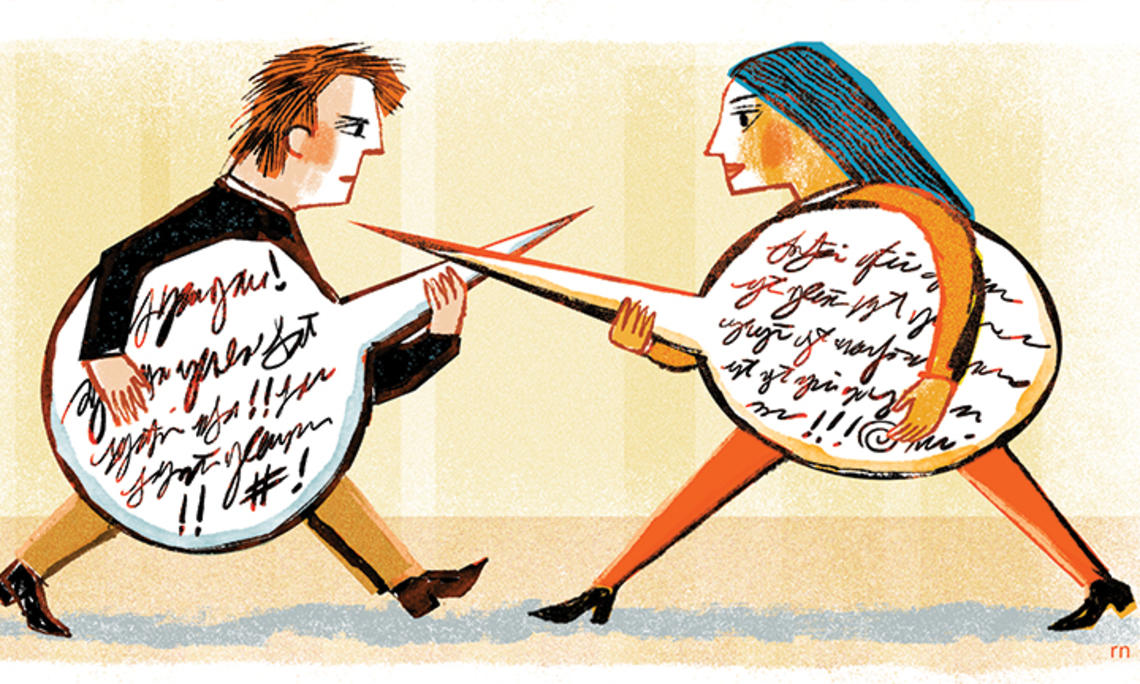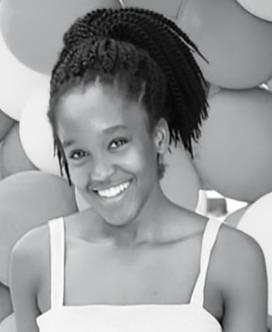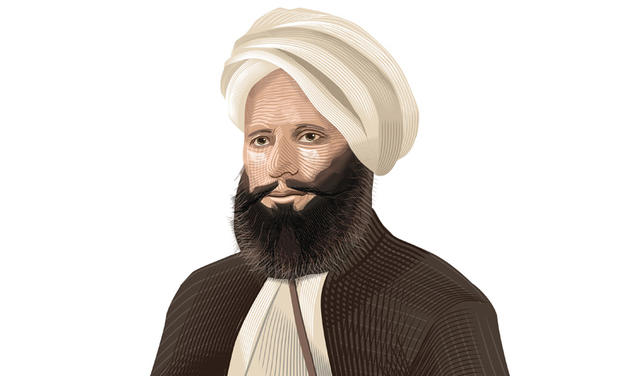Professors Set Free-Speech Rules at Start of Class
Some professors have been crafting ground rules for student speech, with various intentions


In response to an ongoing debate about academic freedom, some Princeton professors are including a new chapter in their syllabi: free-speech statements.
In response to an ongoing debate about academic freedom, some Princeton professors are including a new chapter in their syllabi: free-speech statements.
These statements have emerged to either reassure students that their views, no matter how disagreeable, are welcome in the classroom, or to set ground rules on what can and cannot be said in an academic setting.
In her class last semester, “Ethnography for Research and Design,” in which I was a student, anthropology professor Carolyn Rouse had a free-speech statement in her syllabus titled, “Speak Freely with Many Caveats.” It listed a set of values students must abide by and certain topics they could not debate. “Nothing is sustainable if we destroy our environment in the process of ‘developing’ it,” she wrote. They could not “debate whether slavery, Nazism, Japanese internment, Stalinism, Jim Crow, Apartheid, or dumping toxic waste into our rivers and streams are good things.”
“I thought, let me make the implicit rules [of speech] explicit in order to find a way to debate new topics, that traditionally have not been in the academy, without opening ourselves up to justifying violent racist policies,” Rouse told PAW.
One student, a senior in the electrical engineering department who requested anonymity in talking about Rouse’s class, told PAW the purpose of the statement was “to make sure that her classroom was a place … where people felt safe.”
“You have to acknowledge that saying certain things will hurt people and can make people feel unsafe, and can make a place a hostile environment, where people not only don’t feel safe speaking, but also don’t feel safe learning or being there. That should be taken into account when thinking about what you should and shouldn’t say in a classroom,” the student said.
Rouse acknowledged safety was considered when crafting her statement. “I desperately want students to not self-censor themselves,” she said. “I wanted it to feel like a safe space for radical debate.”
Instead, the class debated the syllabus to determine whether students agreed with the free-speech policy or wanted to get rid of it. Ultimately, Rouse revised her statement. “Our class obviously cannot become a ‘free-for-all hellscape, where anything can be said with no consequences,’” Rouse wrote in the amended statement, quoting Elon Musk in regards to Twitter. Going forward, she is also considering having students come up with their own speech rules.
Others are taking a different approach. Bernard Haykel, a professor of Near Eastern studies, has a free-speech statement that reiterates the “Statement on Freedom of Expression” in Princeton’s “Rights, Rules, Responsibilities.” Gary Bass’ statement for his course “Causes of War” prohibits the use of cell phones or other technology to allow students to speak without fear of being recorded and exposed on social media.
Abigail Rabieh ’25, who took the course in the fall, said Bass would often “put forth views that he doesn’t agree with,” and “he wants everyone to feel the freedom to do that in precept.”
Nasser Hussain, a lecturer in the politics department and postdoctoral researcher in the James Madison Program, included a 2017 free-speech statement from Princeton politics professor Robert George and professor emeritus Cornel West *80 in his fall freshman seminar, “American Identity at Crossroads.” Topics include issues such as abortion, systemic racism, feminism, and gender identity.
“This statement highlights the value of freedom of speech and why it’s important for even those of us who might be more set or certain about our own convictions and beliefs — that we should be able to justify them and test them,” Hussain said.
Nina Noble ’26 said had Hussain not started the class with his free-speech statement, her reaction to some discussions would have been quite different. “I probably would have rallied a group of kids in the class to report him to [the University administration] in an attempt to cancel him,” she said. “Because, wow, some of those perspectives were really hard to just kind of sit with.” Another student, Khoa Sands ’26, said Hussain’s statement allowed students to “vehemently disagree with each other but still maintain that mutual respect.” In fact, Sands, who often opposed Noble in class discussions, said they developed a friendship by the end of Hussain’s class.
“It’s definitely changed the way that I talk to my peers,” Noble said. “I’m definitely more open to hearing different schools of thought, and also testing out [ideas] that I opposed pretty heavily coming into Princeton.”
George, who teaches courses on civil liberties and constitutional interpretation, is the author of several free-speech statements available for professors’ use and adaptation for their course syllabi.
Marc DeGirolami, a law professor at St. John’s University and a visiting professor at Princeton, hopes to shed light on the legal and theoretical complexities of free speech on college campuses in his course “Freedom of Speech and Freedom of Inquiry,” which is being offered for the first time this spring. His course also includes a free-speech statement.
As students tackle difficult subjects, DeGirolami told PAW he aims “to create an atmosphere of trust, where students not only see the statement, but feel the statement as part of their daily experience.”
“If you can’t have freedom of thought, and expression, and discussion in a course about freedom of speech, and inquiry, then my goodness,” he said, “I don’t think that you could have it in any course, in any context.”










3 Responses
Richard C. Kreutzberg ’59
1 Year AgoHow Would Justice Douglas View Free-Speech Statements?
In her class last semester, Princeton professor Carolyn Rouse had a free-speech statement in her syllabus titled, “Speak Freely with Many Caveats.”
It listed a set of values students must abide by and certain topics they could not debate.
“Nothing is sustainable if we destroy our environment in the process of ‘developing’ it,” she wrote.
They could not “debate whether slavery, Nazism, Japanese internment, Stalinism, Jim Crow, Apartheid, or dumping toxic waste into our rivers and streams are good things.”
“I thought, let me make the implicit rules [of speech] explicit in order to find a way to debate new topics, that traditionally have not been in the academy, without opening ourselves up to justifying violent racist policies,” Rouse told PAW.
My Comment: To say progressive Justice William O. Douglas would not agree would be an understatement:
Douglas repeatedly contended that thought and speech may not be limited in the absence of injurious actions.
Douglas wrote the majority opinion in a case overturning the disorderly conduct conviction of an antisemitic priest whose inflammatory speech nearly led to a riot. Similarly, he rejected the idea that obscenity should be unprotected speech.
In a dissent, he argued that mere membership in a group such as the Communist Party does not pose a clear and present danger that warrants banning speech and limiting association.
In another case, he insisted that the government must have a compelling and immediate interest to impose any limit on speech or the press.
He wrote: “Free speech has occupied an exalted position because of the high service it has given our society. Its protection is essential to the very existence of a democracy … . It has been the safeguard of every religious, political, philosophical, economic, and racial group amongst us … . [Free speech] has been the one single outstanding tenet that has made our institutions the symbol of freedom and equality.”
The First Amendment was designed “to invite dispute,” to induce “a condition of unrest,” to “create dissatisfaction with conditions as they are,” and even to stir “people to anger,” Douglas wrote.
The idea that the First Amendment permits punishment for ideas that are “offensive” to the particular judge or jury sitting in judgment is astounding. No greater leveler of speech or literature has ever been designed. To give the power to the censor, as we do today, is to make a sharp and radical break with the traditions of a free society. The First Amendment was not fashioned as a vehicle for dispensing tranquilizers to the people. Its prime function was to keep debate open to “offensive” as well as to “staid” people.
Hamilton Osborne Jr. ’65
1 Year AgoAn Excellent and Very Encouraging Article
Tori Tinsley ’24’s article about free-speech rules was one of the best and most encouraging articles in PAW that I have read in a long time.
Richard M. Schwartzstein ’75
1 Year AgoSafe Learning Environments Are About Respect and Relationships
Regarding the article on professors’ free-speech statements (On the Campus, March issue): I have been teaching at Harvard Medical School for over 30 years. The notion that speech in the classroom has to be limited to protect a “safe learning environment” may be misguided. The values that must be espoused are “respect” and “commitment to learning.” We learn from diverse views and experiences. By developing respectful relationships within a classroom, one builds trust, which usually allows for freer exchange of ideas without setting too many guardrails.